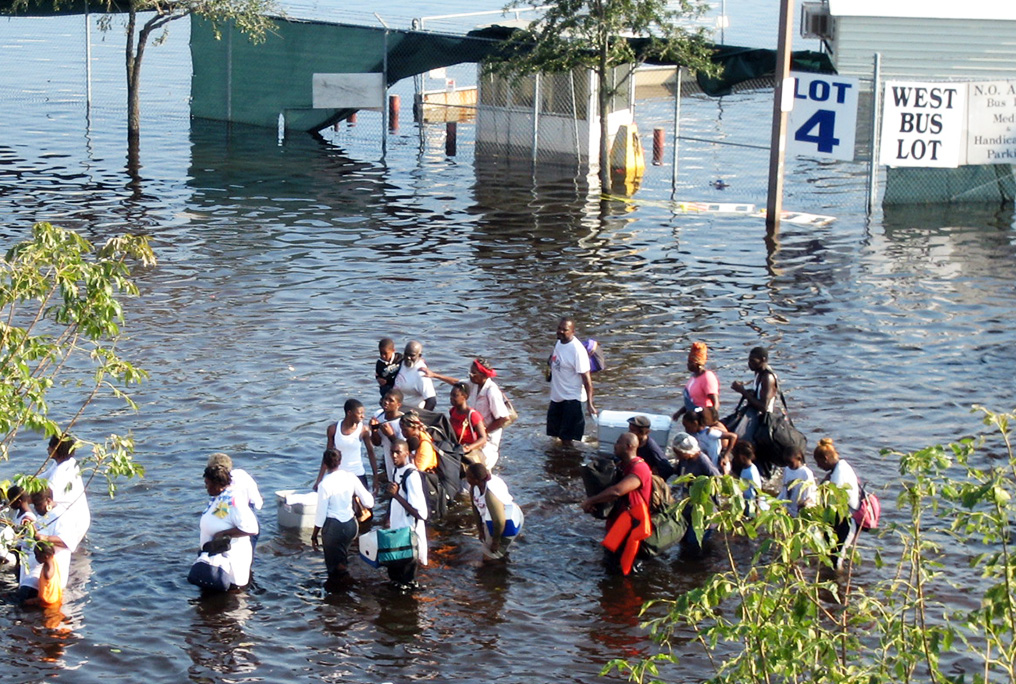 We continue the academic year with our course “Reframing Urban Resilience”, led by professor Dr. Lorenzo Chelleri and our director Dr. Carmen Mendoza-Arroyo.
We continue the academic year with our course “Reframing Urban Resilience”, led by professor Dr. Lorenzo Chelleri and our director Dr. Carmen Mendoza-Arroyo.
This course gives an introduction of the definitions and meanings of urban resilience, unpacking different approaches through which “resilience thinking” relates to urban systems, in form of political discourses, urban agenda, planning, management and design practices. Topics discussed include the difference between vulnerability and resilience, sustainability and resilience, and how to distinguish between climate resilience, disaster resilience and community resilience. Amongst other things, the students look at the work of the Rockefeller Foundation 100RC program and its framework, how cities respond to climate emergency, and the issue of public spaces, communities and resilience.
The objectives of the course are to clarify definitions and meanings of urban resilience, its difference with resilience thinking, social-ecological resilience, vulnerability and urban sustainability, to learn about analytical tools for better understanding and evaluating city resilience strategies, climate plans and finally to build a proposal of frameworks to analyse and guide resilience in public spaces.
If you would like to delve deeper into this topic, we recommend you watch the three online seminars below!
Impact of the cities on climate change: Urban-Rural nexus
Prof. Peter Newman (Curtin University, Australia)
Urban challenges for climate change
Diana Reckien (University of Twente)
A new society for a new climate
Rob Hopkins and Ana Huertas
Feature Image: Hurrican Katrina 2005, News Muse, Creative Commons Licensed

